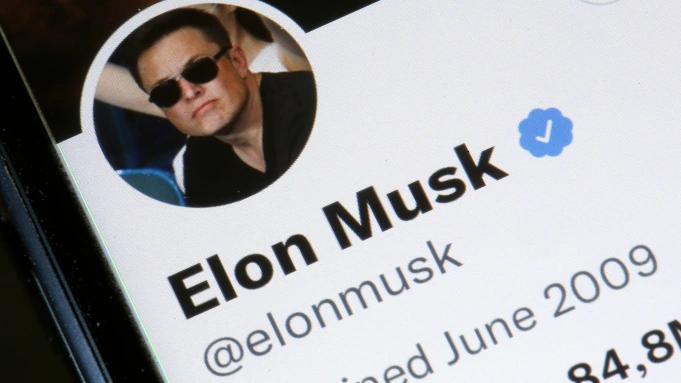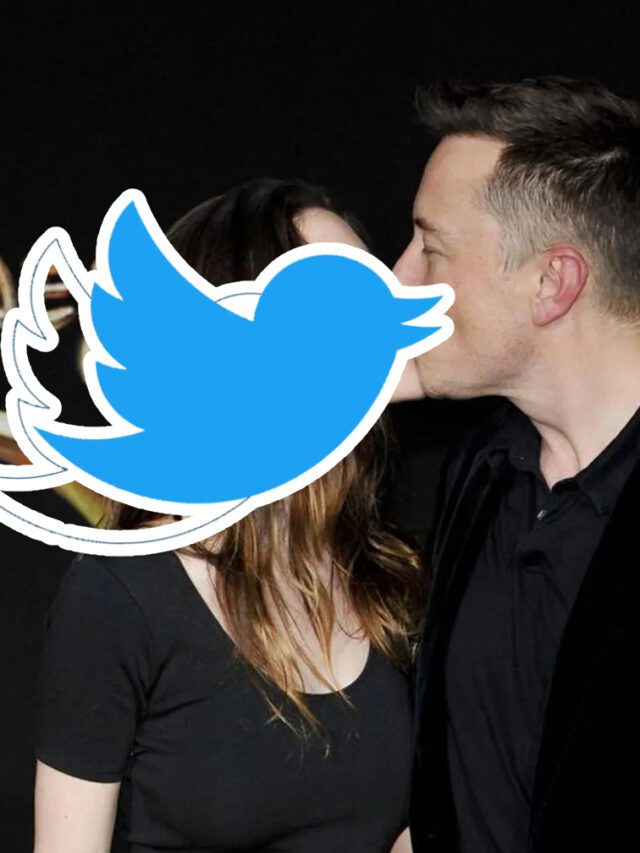On Thursday evening, top Twitter executives including CEO Parag Agrawal, CFO Ned Segal, and the firm’s top legal and policy executive Vijaya Gadde were reportedly escorted out of the company’s San Francisco headquarters. The departure of these executives was later confirmed by Twitter co-founder Biz Stone, who thanked them for their “collective contribution to Twitter” and called them “massive talents” and “beautiful humans.” Chairman Bret Taylor also updated his LinkedIn profile to indicate that he was no longer in the post. The shakeup comes after the completion of a deal in which entrepreneur Elon Musk took over ownership of the social media platform, which has prompted questions about the company’s future direction.
The completion of the deal brings to an end months of legal wrangling, but it has also raised concerns about the platform’s future direction. Musk, who is known for his controversial statements and actions, has been critical of Twitter’s management and moderation policies in the past. The two sides reportedly clashed over the terms of the takeover, with Musk accusing Twitter of providing misleading information about the company’s user numbers. Musk has also said that he would reverse bans on suspended users, which could include former US President Donald Trump, who was banned from the platform following the Capitol riot in January 2021.
At the time, Twitter cited the risk of further violence as the reason for the ban on Trump. However, Musk has described the ban as “foolish” and has indicated that he does not want the platform to become an echo chamber for hate and division. “Twitter obviously cannot become a free-for-all hell-scape, where anything can be said with no consequences!” he tweeted earlier this week.
The takeover has prompted a wide range of reactions from Twitter users, with some expressing concern that more lenient free speech policies under Musk’s ownership could result in the return of individuals banned for hate speech or disinformation. This could include not only Trump, but also political extremists, QAnon supporters, and Covid-19 deniers. In response to Musk’s tweets, Thierry Breton, the EU commissioner for the internal market, tweeted “In Europe, the bird will fly by our EU rules,” suggesting that regulators may take a tough stance against any relaxation of Twitter’s policies.

Musk, who is currently the world’s richest person with a net worth of $250 billion, has made his fortune through companies such as electric car manufacturer Tesla and space exploration firm SpaceX. However, he has also drawn attention for his outspoken intervention in a wide range of unrelated matters, often using Twitter as a platform to share his thoughts on everything from geopolitical issues like the war in Ukraine to the rescue of schoolboys trapped in a Thai cave.
It is not yet clear whether the departure of top management at Twitter will be followed by widespread job cuts throughout the company. Earlier reports suggested that 75% of Twitter’s staff would be laid off, but these reports were later described as “inaccurate” by Ross Gerber, a shareholder in both Twitter and Musk’s company Tesla. Gerber did suggest that job losses could extend beyond upper management, with Musk potentially looking to cut product managers and end projects “that aren’t going anywhere.”
The road to the completion of the Twitter takeover has been a long and winding one. After building a stake in the company and expressing interest in acquiring it, Musk faced a number of legal challenges and regulatory hurdles. The deal was initially met with skepticism by some analysts, who questioned whether Musk had the necessary experience or resources to successfully run a social media platform. However, Musk and his team were ultimately able to secure the necessary financing and regulatory approvals to complete the deal.
Now that the takeover is complete, attention will turn to what changes Musk will make at Twitter, and how the platform will evolve under his ownership. Some users are worried that more lenient free speech policies could lead to the return of individuals banned for hate speech or disinformation, while others are hopeful that Musk will bring fresh ideas and a new approach to the social media giant. It is worth noting that Musk has previously stated that he does not want Twitter to become a “free-for-all hell-scape,” and that he believes in the importance of maintaining some level of moderation and accountability on the platform.
As for the executives who have been let go, it remains to be seen what their next steps will be. Agrawal, Segal, and Gadde have all made significant contributions to Twitter during their time at the company, and their departure will no doubt be felt by their colleagues and the wider Twitter community. It is possible that they will look for new opportunities elsewhere, or they may decide to take some time off before deciding on their next move.
In any case, the shakeup at Twitter marks a major turning point for the platform, and it will be interesting to see how it evolves under Musk’s leadership. While there are certainly challenges ahead, there is also the potential for significant growth and innovation as Twitter moves into this new chapter of its history.


